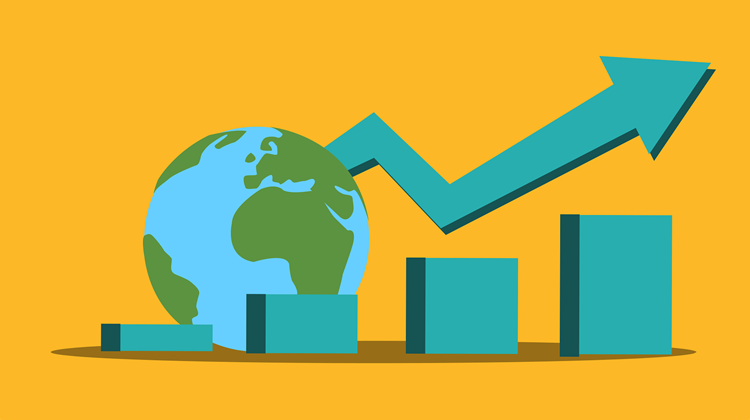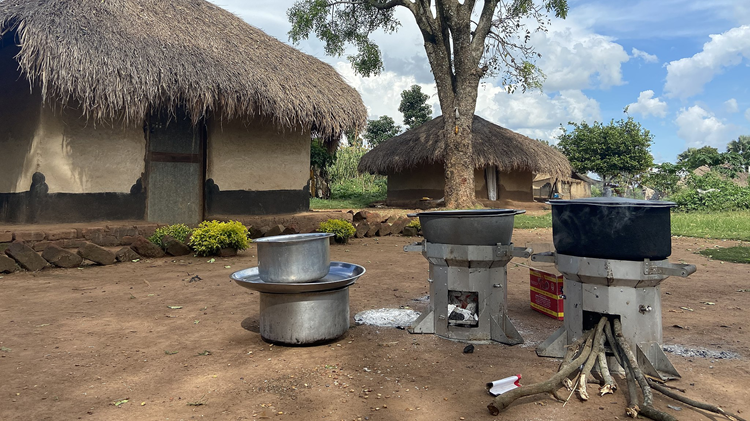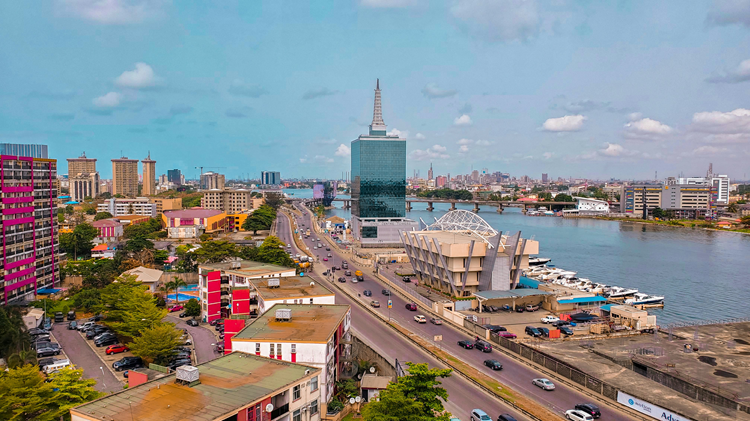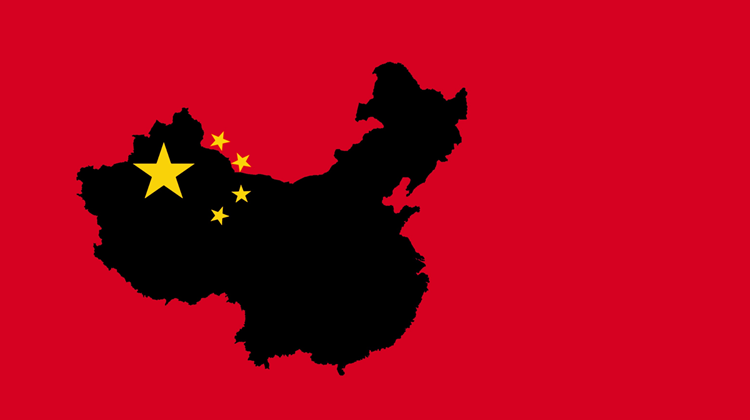Can Gabon break the resource trap?

After the 2025 elections, Gabon faces a defining choice: transform its oil-based economy or risk repeating decades of fragility.
Gabon is a test case for Africa’s oil-dependent economies. Despite abundant petroleum reserves and an upper-middle-income status, Gabon faces many development challenges. One in three Gabonese lives in poverty, urbanisation has failed to deliver inclusive growth and decades of oil dependence have entrenched weak institutions and inequality. Oil revenue accounts for a large share of GDP, government revenue and exports. While this has provided short-term fiscal space, it has created a classic “resource trap”: volatile revenues, weak governance and mostly jobless growth.
The April 2025 elections, which confirmed Clotaire Oligui Nguema (the transitional president and leader of the August 2023 military coup) as head of state, mark the return to constitutional rule and a significant political reset. The key question is whether Gabon will use this moment to break the resource trap. Will the country pivot from oil dependency to economic diversification, sustainable growth and shared prosperity — or reinvent old patterns under new leadership?
A recent country analysis by ISS-AFI shows that with manufacturing and agriculture contributing only 18% and 4.8% of GDP in 2023, diversification of the economy remains a pending task for Gabon. In the Current Path (business-as-usual trajectory), the country will continue to fall short of its potential. By 2043, more than one in ten Gabonese are projected to live in poverty, a modest gain highlighting how little progress oil wealth alone can create. Worse, oil output will drop by nearly 10% by 2043 due to the global shift away from fossil fuels. Lacking economic diversification, Gabon risks entering the 2040s with shrinking revenues, rising debt and unmet social expectations. Such a development would pose a further risk to political stability, too. For Gabon to escape the resource trap, it must build resilience across multiple fronts: industry, agriculture, trade integration, infrastructure and technology. Whether the country succeeds in any of these areas will ultimately depend on governance.
By 2043, more than one in ten Gabonese are still projected to live in poverty, a modest gain highlighting how little progress oil wealth alone can create
The country needs to transform its industrial base. Timber processing, plywood manufacturing and manganese beneficiation are early signs of diversification, yet they remain underdeveloped. In a manufacturing-driven scenario, industry could grow to 22% of GDP by 2043, significantly expanding fiscal revenues and employment. Over the next decade, average incomes would increase the most in this scenario.
Factories alone, however, cannot carry diversification and agriculture presents another opportunity. Gabon has the potential to increase agricultural production and reduce food import dependence. Yet, the sector is underdeveloped and characterised by subsistence farming. Under the Current Path, Gabon’s import dependence will almost double to 43.2% of demand by 2043. However, targeted interventions under an agriculture-driven scenario to increase crop production will moderate this dependence to 29.5%, which is almost twelve percentage points lower than the baseline forecast.
Even with higher agricultural output, Gabon will need stronger trade links to process and sell its produce and other goods competitively. Regional integration through the African Continental Free Trade Area (AfCFTA) offers Gabon a path to greater economic resilience by reducing trade barriers, easing border costs and fostering value addition in its resource-based industries. The country could diversify exports beyond crude petroleum and wood products. The AfCFTA scenario demonstrates a more resilient trade balance, supported by growth in agriculture, services and manufacturing. This is critical to cushioning Gabon from global oil price volatility and the structural decline in fossil fuel demand.
Seizing AfCFTA opportunities depends on modern infrastructure to connect Gabon’s resources and industries to regional markets. More modern infrastructure would also ensure that the country meets its energy needs. Large-scale infrastructure projects announced in 2024, such as the Booué hydroelectric dam, the Mayumba deepwater port and the Belinga-Bouée-Mayumba railroad, could help boost trade, unlock value chains and strengthen competitiveness. Similarly, being a top performer when it comes to mobile broadband, Gabon needs to stay the course on growing its ICT capacity and continue to invest in the quantity and quality of services to transition to a modern economy.
The most important lever to change Gabon’s future is governance. The Governance scenario shows the strongest impact on poverty reduction, cutting the poverty rate to 9.3% by 2043 versus 11.8% in the Current Path. Stronger institutions mean better fiscal management, reduced corruption and more inclusive policies. They also underpin investor confidence, enabling Gabon to attract sustainable foreign direct investment and mobilise domestic resources.
In 2023, a military coup ended more than half a century of Bongo family rule, which had been marked by allegations of corruption and institutional weakness. This exposed decades of governance failures but also created an opening for much-needed reforms. The 2025 elections, therefore, represent a crucial test: will upcoming reforms be credible, institutionalised and sustainable? Or will the government give in to pressure for quick spending increases to satisfy expectations of the population for higher living standards? While the latter would ease discontent, it would undermine fiscal sustainability and investor trust when the situation calls for strengthening public financial management to ensure fiscal sustainability.
Elections are only a first step in the right direction. Governance effectiveness is about building capacity in public service delivery, improving transparency in natural resource management and fostering broader inclusion. These are the foundations on which economic diversification, infrastructure development and AfCFTA integration must rest.
Improved governance is the foundation on which economic diversification, infrastructure development and AfCFTA integration must rest
The Combined scenario models integrated reforms across governance, industry, agriculture and infrastructure to unlock a diversified, resilient economy and improved human capital outcomes. This scenario projects that Gabon’s GDP could reach US$40.9 billion by 2043, which is US$12.4 billion higher compared to the baseline forecast. Poverty could be reduced to just 5% of the population, an outcome that would place the country ahead of its income peers.
Gabon’s situation shows the risks of failing to diversify, and the opportunities that evidence-based policymaking can unlock. Other oil-dependent economies such as Nigeria, Angola and Congo-Brazzaville illustrate how petroleum wealth alone cannot guarantee broad-based prosperity, and how volatility and debt can undermine stability. By 2043, Gabon could similarly face declining revenues and frustrated citizens, or it could emerge as a model of inclusive, trade-driven growth. The difference will be determined not in its oil wells, but in the governance choices it makes today.
Image: Mohamed_hassan/Pixabay
Read the full country report of Gabon here.
Republication of our Africa Tomorrow articles only with permission. Contact us for any enquiries.






